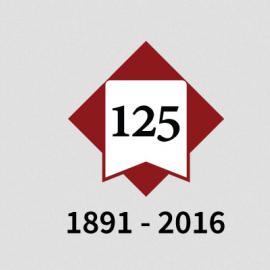
This comparative view shows the diffusion of human capital across the landscape of the Ancient Greek world. Top left shows cities with philosophers, top right shows cities with important cultural figures, bottom left shows cities with important political figures, bottom right shows all cities associated with people in the Oxford Classical Dictionary.
This site allows scholars and students of classical Greek (and to some extent Roman) history to visualize data about Places (especially archaic and classical Greek city-states) and People (those famous enough to be included in a standard Classical dictionary) from two large data-sets, and to generate maps and simple statistical information from them. We hope that the site will facilitate original research on the classical Greek world, that it will be used as a teaching tool, and that it will be fun to play with.
The first data-set (Places) contains information about classical Greek poleis, gleaned mostly from M.H. Hansen/T. Nielsen Inventory of Archaic and Classical Poleis (Oxford 2005). The Inventory was the culminating project of the Copenhagen Polis Center: it presents, in narrative form, and summarizes in Indexes, information on 1035 communities designated by the editors as Greek city-states from the period ca. 800-323 BCE. The second data-set (People) contains information about prominent Greek and Roman individuals: where they were born, what they are known for having done, and where they lived in the course of their lives. The information was taken from Oxford Classical Dictionary (3rd Edition). Information about how the data is organized is accessed through the Place Data and People Data tabs on the home page.



